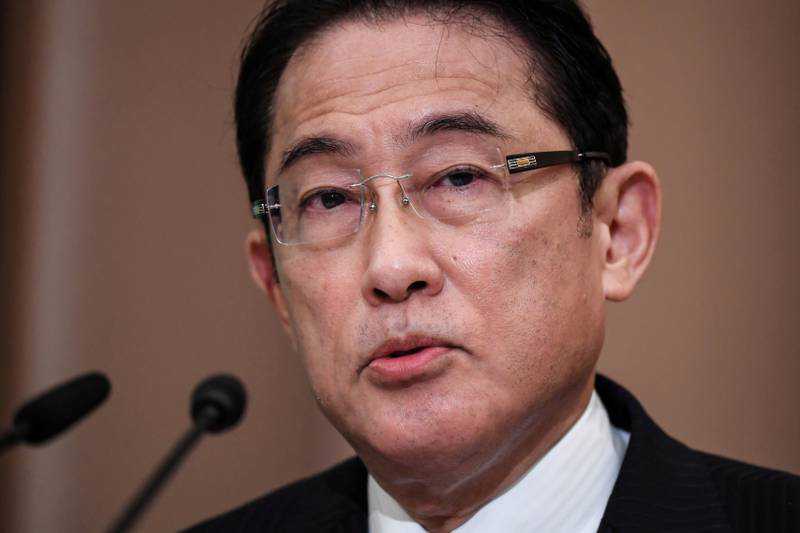Japan election is first big test for Prime Minister Fumio Kishida
31 October, 2021

Japanese voters are casting their ballots in national elections in the first big test for Prime Minister Fumio Kishida.
Up for grabs are 465 seats in the lower house, the more powerful of the two-chamber Japanese Diet, or parliament.
The results will determine if Mr Kishida, 64, has a large enough mandate to tackle a coronavirus-hit economy, an ageing and dwindling population and security challenges from China and North Korea.
His governing Liberal Democratic Party is expected to lose some seats from pre-election levels but maintain a comfortable majority together with its junior coalition partner Komeito.
Mr Kishida was elected prime minister on October 4 after winning the leadership race in his ruling party, as its conservative leaders saw him as a safe status-quo successor to Yoshihide Suga and his influential predecessor Shinzo Abe.
His immediate task has been to rally support for a party weakened by Mr Suga’s perceived high-handed approach to pandemic measures and his insistence on holding the Tokyo Summer Olympics despite widespread opposition.
He dissolved the lower house only 10 days after taking office, called for the election and declared that he wanted a mandate from voters for his government.
The short 17-day campaign period that followed the LDP leadership race, which had dominated media coverage, unfairly gave Mr Kishida’s party an advantage over the opposition, some experts say.
His long-term ambitions will depend on how well he does in the election.
Mr Kishida repeatedly stressed his determination to listen to the people and to address criticism that the nine-year Abe-Suga leadership had resulted in corruption, tamed bureaucrats and muzzled opposing opinions.
The campaign has largely centred on measures to combat Covid-19 and revitalise the economy.
While Mr Kishida’s ruling party stressed the importance of having a stronger military amid worries over China’s growing influence and North Korea’s missile and nuclear threat, opposition parties focused on diversity issues and pushed for gender equality.
Opposition leaders complained that recent LDP governments widened the gap between the rich and the poor, failed to support the economy during the pandemic and stalled gender equality and diversity initiatives.
Most results are expected early on Monday.
The LDP opposes legislation guaranteeing equality for sexual minorities and allowing separate surnames for married couples.
Of the 1,051 candidates, only 17 per cent are women, despite a 2018 law – which has no penalty – promoting gender equality in elections.
Women account for about 10 per cent of parliament, a situation gender rights experts call “democracy without women”.
Source: www.thenationalnews.com
